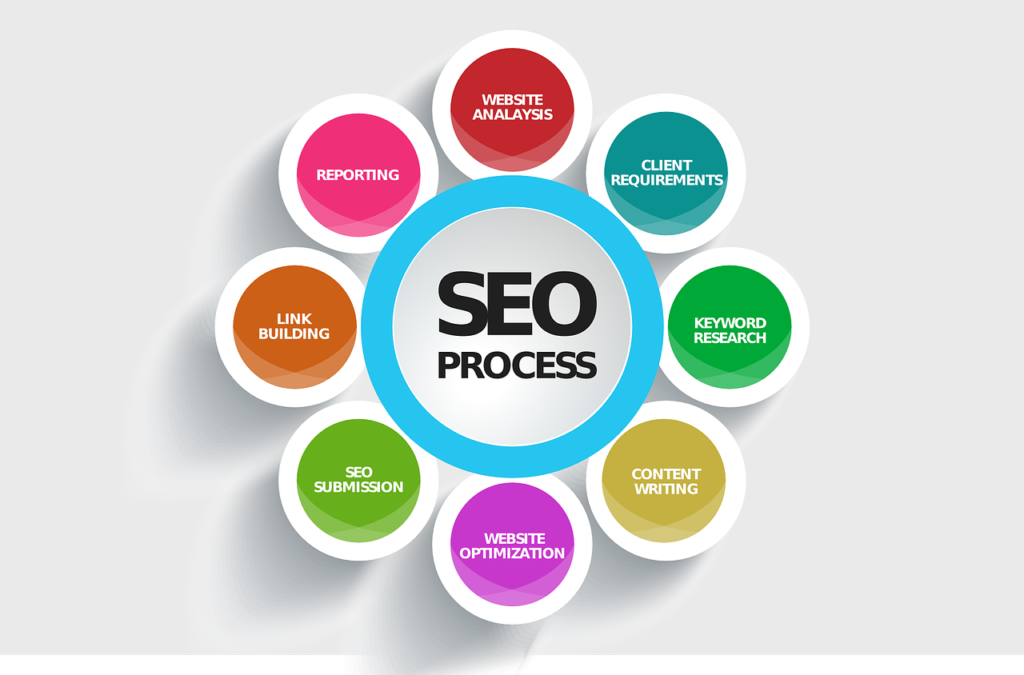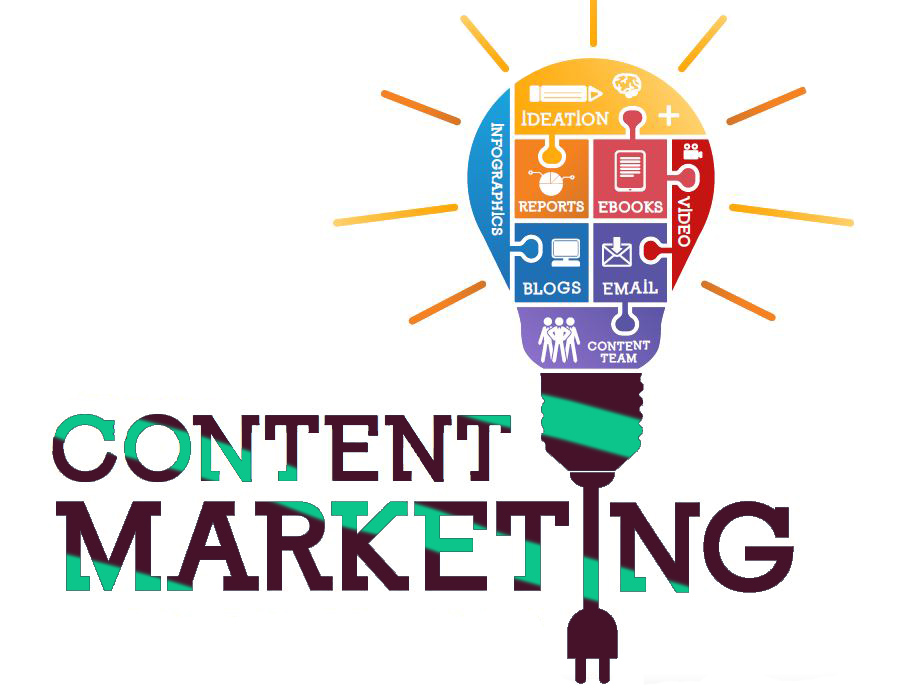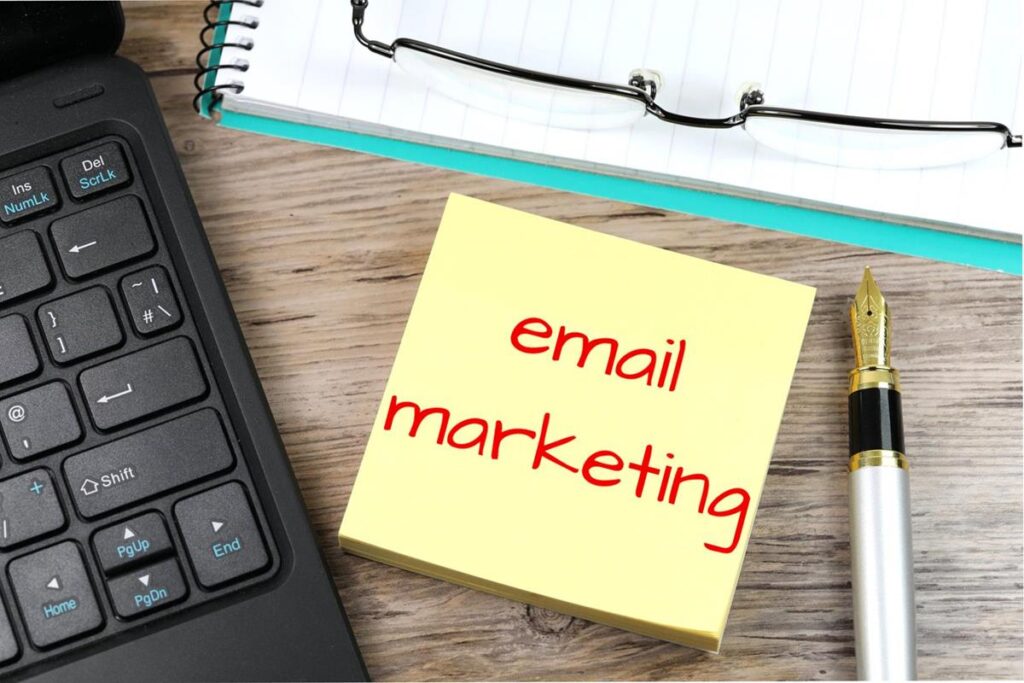Digital marketing is the use of various digital channels, such as search engines, social media, email, and websites, to promote a product or service. It encompasses a wide range of tactics and strategies that are designed to reach and engage customers where they spend most of their time, online. The goal of digital marketing is to connect with customers and drive conversions, such as sales, leads, and website traffic.

One of the key advantages of digital marketing is the ability to measure and track the effectiveness of campaigns in real-time. This allows businesses to make data-driven decisions, adjust their strategies as needed, and optimize their return on investment (ROI). With the help of tools such as Google Analytics, businesses can track metrics such as website traffic, bounce rate, conversion rate, and more.

Search Engine Optimization (SEO)
Is one of the most important aspects of digital marketing. SEO involves optimizing a website so that it appears at the top of search engine results pages (SERPs) when people search for relevant keywords. This can be achieved through a combination of on-page and off-page optimization, such as creating quality content, building backlinks, and ensuring that the website is mobile-friendly. On-page optimization includes the use of relevant keywords in meta tags, title tags, and the website’s content, while off-page optimization includes the building of backlinks from other websites.

Pay-per-click (PPC) Advertising
Is another important aspect of digital marketing. PPC advertising allows businesses to place ads on search engine results pages and other websites. When someone clicks on the ad, the business pays a fee. PPC advertising can be an effective way to drive targeted traffic to a website and increase brand awareness. Platforms like Google AdWords, Bing Ads and other popular platforms allow businesses to create and manage their PPC campaigns.

Social Media Marketing
Is the use of social media platforms, such as Facebook, Twitter, Instagram, and LinkedIn, to promote a product or service. Social media marketing can be used to build brand awareness, generate leads, and drive sales. It can also be used to engage with customers and build relationships. Platforms like Facebook, Instagram and LinkedIn offer advertising options for businesses which include targeting options, and the ability to track the performance of the campaigns.

Content Marketing
Is the creation and distribution of valuable, relevant, and consistent content to attract and engage a specific target audience. The goal of content marketing is to educate and inform the target audience, build trust, and ultimately drive conversions. Blogging, videos, infographics, and e-books are all examples of content marketing. It’s a powerful way of attracting potential customers and building trust and credibility, which in turn leads to increased conversions.

Influencer Marketing
Is a type of marketing in which businesses partner with individuals who have a large following on social media. Influencer marketing is an effective way of reaching a large audience that is likely to be interested in a product or service. The influencer promotes the business’s product or service to their followers, which can increase brand awareness and drive sales.

Email Marketing
Is the use of email to promote a product or service. Email marketing can be used to build relationships, generate leads, and drive sales. It can also be used to educate and inform customers about new products and services. Email marketing campaigns can be automated, which helps to save time and effort, and can be segmented to target specific groups of customers.
Overall, digital marketing allows businesses to reach a larger audience at a lower cost than traditional marketing methods, such as television and print advertising. It also allows businesses to target specific audiences and measure the effectiveness of campaigns in real-time.
However, it’s important to keep in mind